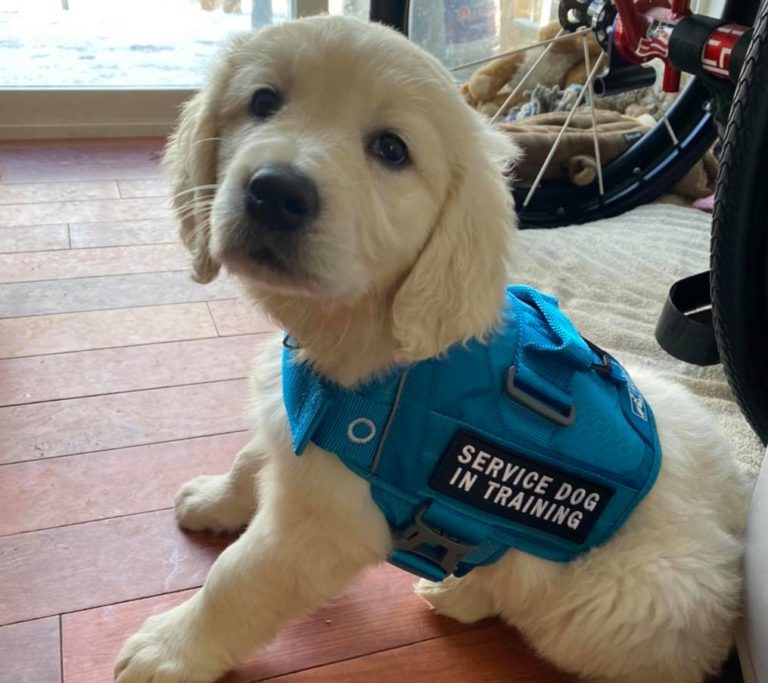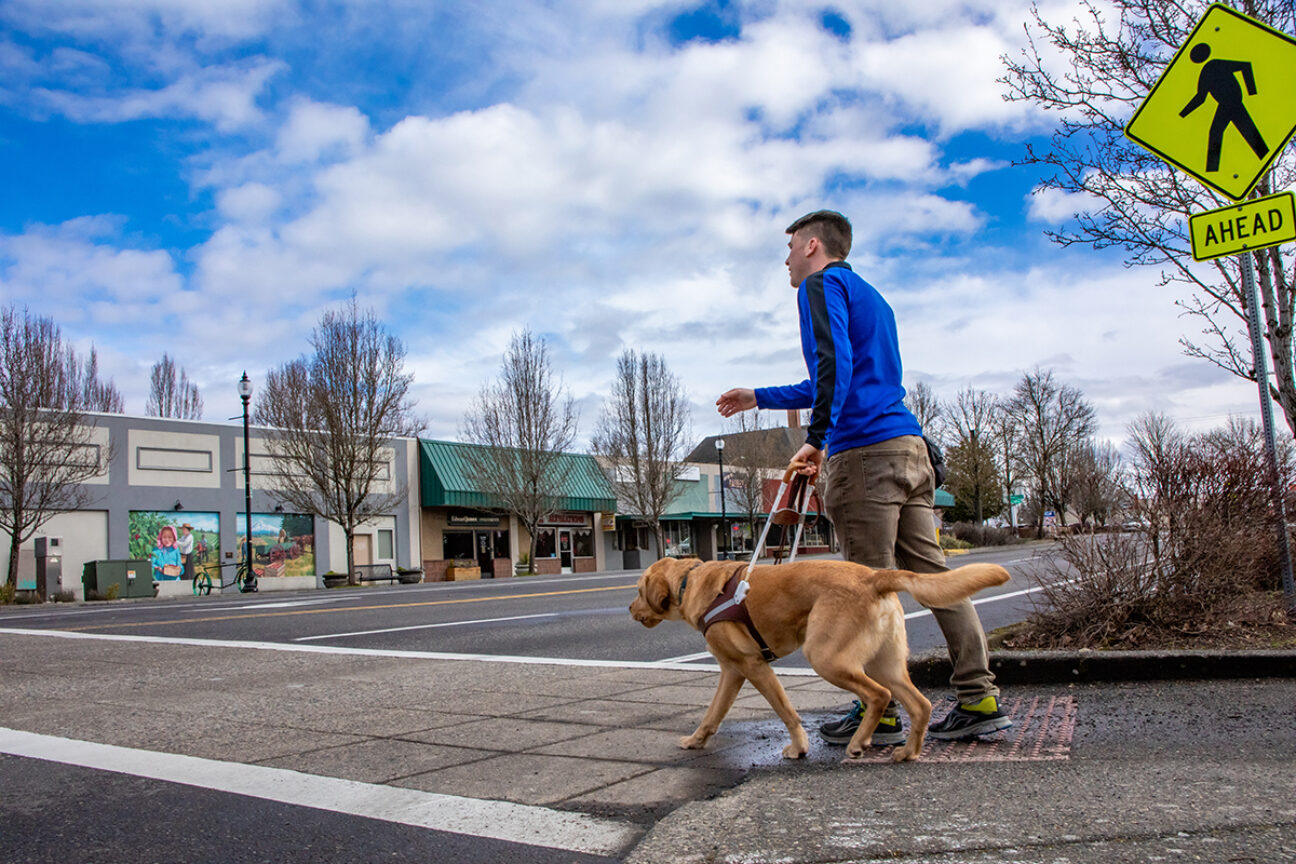Discovering Alternatives for Dog Training Charlotte: What You Required to Know
Discovering Alternatives for Dog Training Charlotte: What You Required to Know
Blog Article
Unlock Your Canine's Prospective: Proven Pet Dog Training Methods for Success
Effective pet training is a nuanced procedure that hinges on recognizing canine habits and employing medically backed techniques. By incorporating favorable reinforcement, developing clear commands, and prioritizing socializing, canine proprietors can grow a productive connection with their animals.
Recognizing Canine Actions
Comprehending dog habits is important for reliable training and fostering a favorable relationship in between dogs and their owners. A thorough grasp of canine body movement, vocalizations, and social communications is crucial for acknowledging their needs and emotions. Pet dogs connect mainly via non-verbal cues; for example, a wagging tail might indicate enjoyment, while pinned ears can signify fear or submission.

Moreover, environmental factors play a significant duty in forming a pet dog's habits. Modifications in routine, brand-new environments, or the existence of unknown individuals can lead to stress or anxiousness in pets. Acknowledging these triggers allows owners to mitigate damaging responses and develop appropriate training methods.
Ultimately, a deep understanding of dog actions lays the foundation for successful training methods, improving both behavior and the total bond between the dog and its owner. Dog training. This expertise is crucial for promoting a well-adjusted, pleased canine friend
Favorable Reinforcement Strategies
Efficient training counts greatly on positive support techniques, which have actually been shown to generate considerable cause shaping wanted habits in dogs. This technique involves compensating a canine for showing particular actions, thus raising the possibility that these actions will be duplicated. Rewards can take different forms, including deals with, praise, toys, or play, depending on what inspires the specific canine.

It is necessary to progressively eliminate rewards as the pet finds out the habits, transitioning to intermittent support. This method maintains the actions gradually while avoiding dependence on continuous benefits. By concentrating on favorable reinforcement, trainers can grow a trusting partnership with their canines, advertising a participating and healthy training setting that improves total obedience and performance.
Developing Constant Commands
A basic element of effective pet dog training is the facility of constant commands. Uniformity in commands is important for effective communication in between the fitness instructor and the pet. When commands are uniform, pets discover to connect certain words with preferred habits, which increases the training process and improves understanding.
To develop consistent commands, it is crucial that all member of the family use the exact same terms and motions. For instance, if someone makes use of "sit" while one more claims "sit down," it can produce complication for the pet. Select clear, unique words for commands and make certain everyone associated with the pet dog's training sticks to these choices.
Strengthen commands with regular method, making sure that the pet dog gets sufficient chances to respond correctly. When a canine successfully follows a command, immediate favorable support must comply with.
Finally, hold your horses. Establishing consistent commands takes time and initiative. With commitment and clearness, you will help your pet create a strong understanding of expectations, inevitably bring about a mannerly buddy.
Socialization and Direct Exposure
Mingling a canine is important for fostering a well-adjusted and certain companion. This procedure includes exposing your pet to a range of environments, individuals, and other animals to create their social skills and flexibility. Early socialization, ideally in between the ages of three to fourteen weeks, is critical, as it go to my blog prepares for a dog's future actions.
During socializing, objective to provide favorable experiences in different settings, such as parks, busy roads, and homes with various other family pets. Introduce your pet dog to various stimulations, including noises, sights, and scents, guaranteeing that each experience is gratifying. This exposure helps alleviate fear and anxiousness, paving the method for an extra durable pet.
Participating in regulated team play sessions with other pet dogs can also improve social abilities, teaching your family pet ideal interactions and limits. Constantly monitor your canine's convenience degree during these experiences, slowly raising exposure as their confidence grows. Bear in mind, the objective is to create an site web all-round pet dog that grows in varied situations, advertising a harmonious connection with both people and various other pets. Prioritizing socialization will substantially add to your pet's overall happiness and habits throughout their life.
Overcoming Common Educating Obstacles

Pets may struggle to focus in active or unfamiliar setups. Progressively desensitize your dog to interruptions by beginning training in a silent environment and slowly introducing more stimulations as they come to be proficient.
Additionally, behavioral problems like leaping or too much barking can come to be frustrating. Address these by instructing alternate habits, such as resting steadly when welcoming visitors. Uniformity and perseverance are crucial; reinforce desired behaviors regularly and prevent scolding, which can result in confusion.
Finally, acknowledge that each canine is special, and training timelines may vary. Tailor your method to your canine's individual needs, and seek specialist advice if essential. With willpower and the appropriate approaches, getting over these obstacles can cause a well-trained, pleased canine companion.
Conclusion
To conclude, opening a pet dog's prospective necessitates a comprehensive strategy that includes an understanding of canine habits, the application of positive support techniques, and the establishment of consistent commands. Early socializing and direct exposure to diverse environments better improve a canine's adaptability and self-confidence. By training a blind dog dealing with common training obstacles with tailored strategies and perseverance, a participating and harmonious partnership between dog and trainer can be promoted, inevitably leading to a well-behaved friend with the ability of growing in different situations.
Efficient dog training is a nuanced procedure that hinges on comprehending canine behavior and utilizing scientifically backed methods.Understanding pet behavior is crucial for efficient training and fostering a favorable relationship in between pets and their proprietors.Effective training depends greatly on positive reinforcement strategies, which have been revealed to generate considerable outcomes in shaping preferred actions in dogs. When commands are uniform, pets learn to connect details words with desired habits, which increases the training process and improves understanding.
In verdict, opening a dog's prospective demands a comprehensive method that includes an understanding of canine actions, the application of positive reinforcement methods, and the facility of regular commands.
Report this page